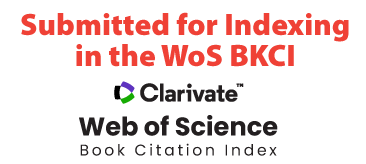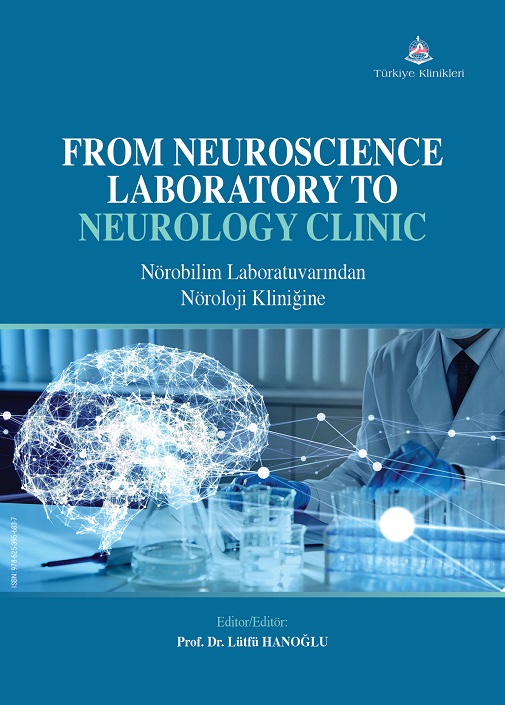The human brain is one of the most complex and fascinating structures in nature. For centuries, philosophers, scientists, and physicians have sought to understand how this organ functions. Today, neuroscience has evolved alongside neurology and has become a major discipline that supports and strengthens the scientific foundations of clinical practice. While neurology focuses directly on diagnosing and treating patients, neuroscience reinforces the theoretical framework by studying the fundamental mechanisms of the nervous system. Additionally, neurological disorders have become models that neuroscience examines to better understand the brain.
The inseparable bond between these two fields extends beyond academic knowledge production; it also facilitates the development of innovative treatment approaches that directly impact clinical practice. In recent years, advancements in brain imaging techniques, neuromodulation technology, new diagnostic methods, and innovative medical applications have demonstrated the immense value of collaboration between neurology and neuroscience.
This book aims to highlight a series of recent developments and techniques at the intersection of neurology and neuroscience. It illustrates how basic neuroscience research translates into clinical neurology while also showcasing neuroscience’s role in improving the understanding and treatment of neurological diseases. As a field at the crossroads of science and medicine, it will continue to pave the way for groundbreaking discoveries aimed at enhancing human health and quality of life.
The book consists of sections evaluating the use of microbiota, glymphatics, fMRI, EEG and NIRS to investigate the etiopathogenesis of cognitive disorders observed in Parkinson’s disease, Posterior Cortical Atrophy, Alzheimer’s disease, Frontotemporal dementia, Lewy body dementia. In addition, articles reviewing the clinical results and mechanisms of VR, TMS, tACS treatments in these diseases, and articles on new research on Metaphor and the neurobiology of different reasoning styles constitute the remaining content of the book.
Prof. Dr. Lütfü HANOĞLU
İstanbul Medipol University, Faculty of Medicine,
Bağcılar Medipol Mega Hospital, Department of Neurology,
İstanbul, Türkiye
Bölümler
SECTION 01
The Neurobiological Foundations of Neurodegenerative Disorders
Section Editor/Bölüm Editörü: Burak YULUĞ
01 | Apathy and its Neurobiology in Parkinson’s Disease Model
Ali Behram SALAR
02 | Diagnosis of Muscle Diseases and the Use of Functional Near Infrared Spectroscopy (fNIRS)
Ebru COŞKUN
03 | Cognitive Functions and Eventrelated EEG Brain Oscillations in Different Types of Dementia
Ebru YILDIRIM
04 | EEG Microstate Analysis: Clinical Applications and Interpretations
Eren TOPLUTAŞ
05 | The Glymphatic System in Neurodegeneration: Alzheimer’s Disease
Fadime ÇADIRCI TUNGAÇ
SECTION 02
Diagnostic and Technological Approaches in Neurodegenerative Diseases
Section Editor/Bölüm Editörü: Bahar GÜNTEKİN
06 | Virtual Reality Applications and the Motor and Cognitive Symptoms of Parkinson’s Disease
Farzin HAJEBRAHIMI
07 | Transcranial Magnetic Stimulation Applications in Alzheimer’s Disease
Halil Aziz VELİOĞLU
08 | Metaphor and Neuroscience: Metaphor Comprehension in Neurodegeneration
Merve DİKMEN
09 | Problem-Solving Strategies: Fundamental Concepts and Changes in The Aging Process
Mevhibe SARICAOĞLU
10 | Posterior Cortical Atrophy and Cognitive Rehabilitation Approaches
Özden ERKAN OĞUL
SECTION 03
Cognitive and Behavioral Aspects in Neurodegeneration
Section Editor/Bölüm Editörü: Erol YILDIRIM
11 | The Neurobiology of Complex Visual Hallucinations Through Functional Networks
Taha HANOĞLU
13 | Parkinson’s Disease and Microbiome
Tuğçe KAHRAMAN DEMİR
14 | From Apathy to Hallucinations in Parkinson’s: A Schizophrenia-Like Model
Zeynep TEMEL
15 | Reversing Perspectives on Dementia: Superaging
İrem ONIN YIRIKOĞULLARI
16 | Alzheimer’s Disease: New Treatment Approaches Through Subgroups
Cennet Sena PARLATAN
17 | From Structure to Function: Brain Drainage Systems
Nagihan MANTAR
18 | Cognitive, Genetic, and Neural Biomarkers of Alzheimer’s Disease
Miray BUDAK



